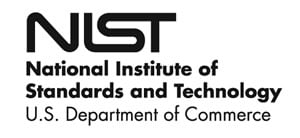RSS Feed Source: Academic Keys
Job ID: 262461
INESC TEC | Post Doctoral Research Grant (AE2025-0403)
INESC TEC
Research Opportunities
Artificial Intelligence
Work description
Development of workflows and methods enabling AI testing to support the safe operation of local energy communities and microgrids. Develop methodologies for assessing the robustness and safety of AI-based decision and control systems, considering risk assessment aligned with the EU AI Act. Validate the developed methodologies on real data and with real consumers/prosumers. Dissemination of the work in international journals and/or conferences.
Minimum profile required
Previous academic background in or electrical engineering or applied mathematics or computer science or informatics or similar.
Preference factors
Past experience (or academic background) with machine learning. Academic background in energy systems. Programming knowledge in Python.
Maintenance stipend: € 1851.00, according to the
Click this link to continue reading the article on the source website.



